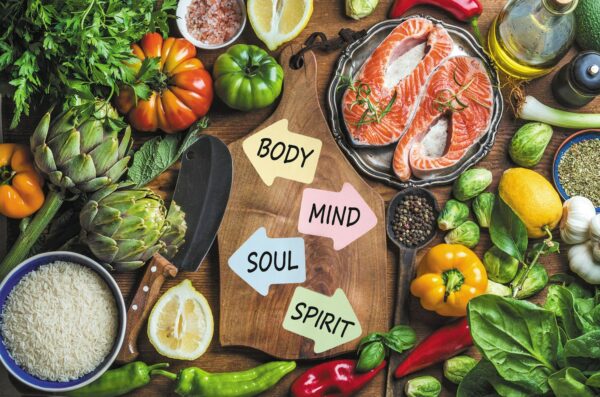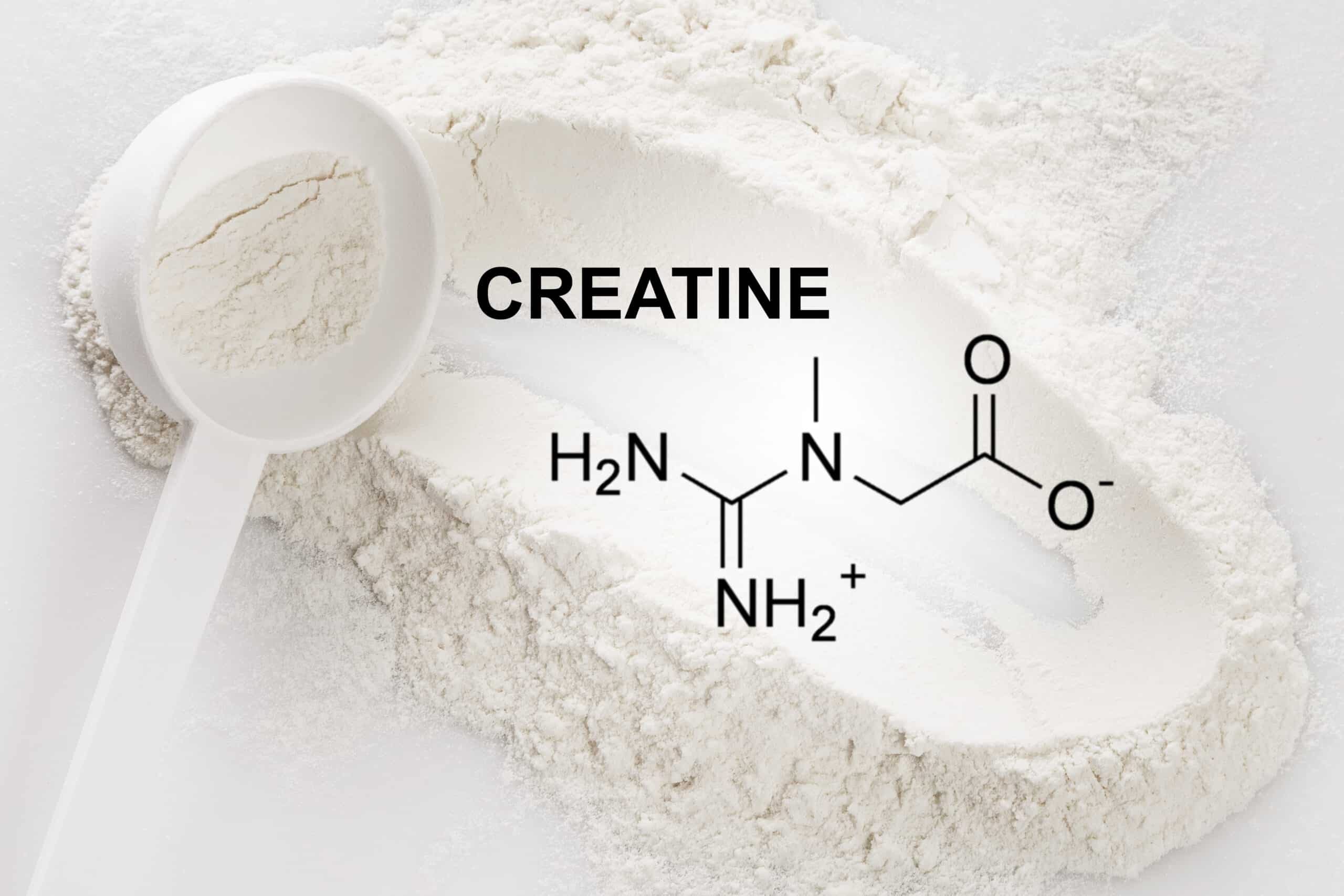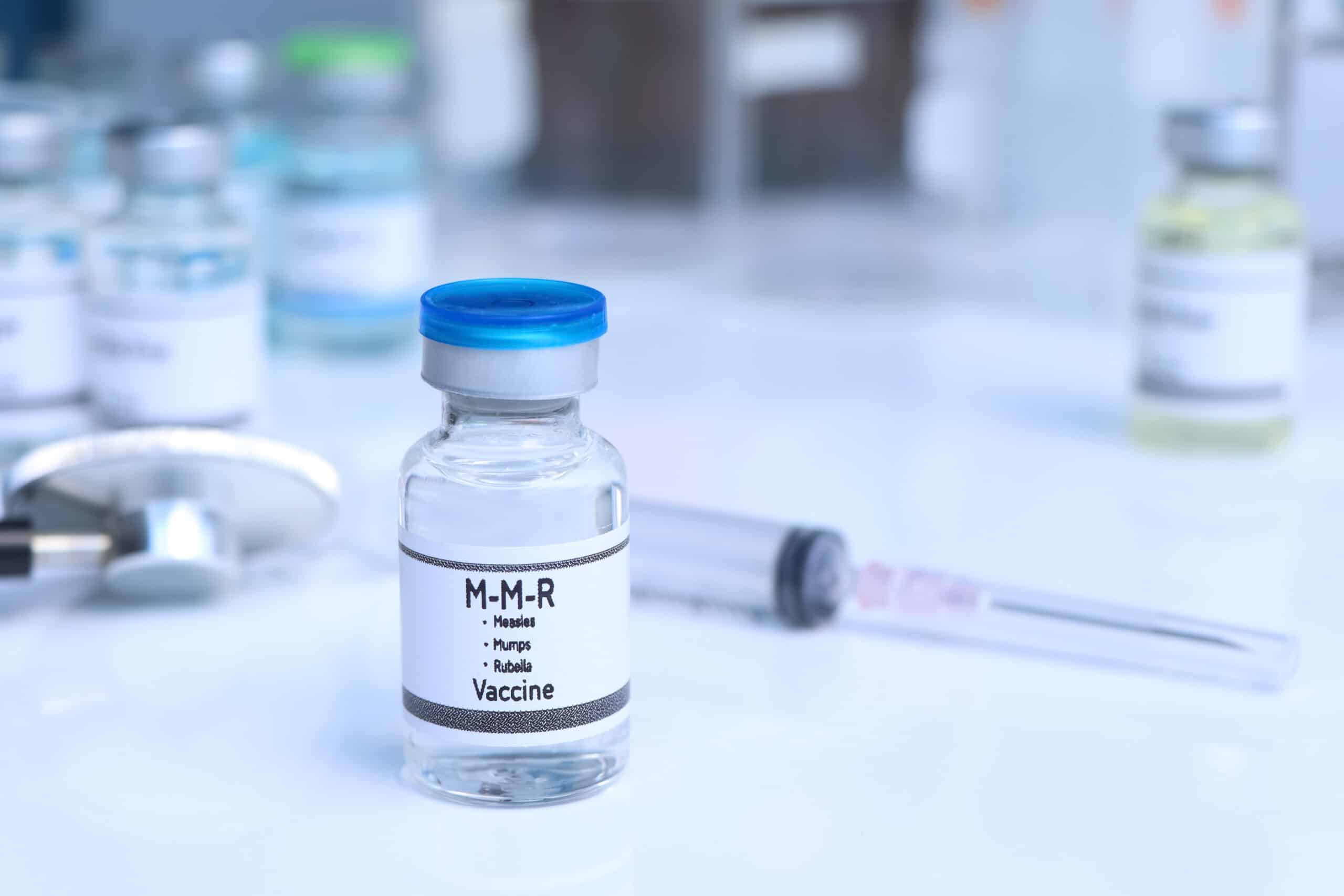When you get home at the end of a stressful day, do you think, “You know what would make me feel better? Some salmon.” If not, maybe you should. It turns out that the foods we eat have a tremendous impact on our moods and mental health. Today, we’ll break down why that is and which foods to eat to boost your mood.
Why Does Food Affect Our Mood?
HALT: The first way food affects our moods is obvious: hunger makes us agitated. Snickers has some great commercials that feature angry actors turning back into their docile, happy selves after eating a Snickers bar. The tagline reads, “You’re not you when you’re hungry.” While about a million foods are better to reach for than a candy bar, Snickers is right; you’re not you when you’re hungry.
Therapists often use the acronym HALT (Hungry, Angry, Lonely, and Tired) to help their patients identify what’s causing them the most distress at the moment. Hunger is obviously affected by our diets, but fatigue can also be associated with food since sugar and fat can cause exhaustion, and very low-calorie diets can cause long-term fatigue. So diet is directly correlated to two of the top 4 mood triggers most of us face daily.
Serotonin production: Another way food affects our mood is by creating and maintaining neurotransmitters – chemicals that regulate our moods. About 95% of our serotonin (the neurotransmitter that makes us happy) is created in the gut. When your microbiome is unhealthy because of a poor diet or lack of proper nutrition, you can’t produce as much serotonin as your body needs to maintain a happy mood. Other neurotransmitters – like dopamine and norepinephrine – are derived from food, and a lack of them can lead to impulsivity, inattention, and even depression.
Lack of Nutrition: Most of us get enough of the three primary nutrients: protein, carbohydrates, and fat. But if we ignore our diets, we can become deprived of micronutrients like Folate, Iron, Zinc, Vitamins A, B12, C, and K, Potassium, Calcium, etc. These all have primary roles to play in our bodily function, and when they start to break down, they can show up in our mood. Lack of nutrition can also lead to mental/mood disorders and physical illness.
The 3 Best Foods for Mental Health
When it comes to boosting mental health, some foods make a bigger impact than others. The following foods can improve your mental health and leave you feeling happier and calmer throughout the day.
Foods with complex carbohydrates: Any diet that tells you to cut carbs is lying to you; your body needs carbs to function. But not all carbohydrates are created equal. Simple carbs, like those found in white bread or sugar, break down into glucose quickly, causing you to crash and feel hungry in a couple of hours. On the other hand, complex carbohydrates break down slowly over time, giving you energy throughout the day and leaving your insulin levels even. The next time you cook with carbs, reach for brown rice, starchy vegetables (like sweet potatoes), or quinoa.
Foods with lean protein: Protein consumption is linked to higher levels of dopamine and norepinephrine – neurochemicals that boost your mood. The correlation is so strong that people with dopamine disorders like ADHD are often advised to increase their protein intake. Protein also breaks down slowly in the body, which can help prevent bouts of impulsivity. Good sources of lean proteins include chicken, turkey, tofu, and low-fat yogurt.
Foods that are high in Fatty Acids: Fatty acids are brain food; in other words, your brain uses omega-3 fatty acids to carry out its most basic functions. A 2020 meta-analysis study from Harvard University found that a diet high in fatty acids can help prevent and manage depression – including postpartum depression and the depressive phase of bipolar disorder. There is also speculation that it may be helpful for people with other mood disorders, like schizophrenia, OCD, and borderline personality disorder, but there is not yet enough evidence to prove this is the case. Even so, the researchers still recommend boosting fatty acids for these individuals. The most widely recommended sources of fatty acids include salmon and other fatty fish, eggs, nuts, and seeds.
Which Foods to Avoid in Order to Improve Mental Health
Sugar: Sugar might feel good in the short term, but it wreaks havoc on your mood in the long turn. Sugar is responsible for its namesake – the sugar rush and subsequent crash. It increases anxiety and is linked to mood disorders. Worst of all, sugar suppresses the hypothalamic-pituitary-adrenal (HPA) axis in your brain, which is the part that manages stress. So over time, sugar consumption makes it harder to handle stressful situations.
Sugar-free products: Confused? We get it. But products that are meant to be sugary (pudding, cake, cookies, etc.) and are instead sugar-free are usually packed with aspartame, an artificial sweetener that has been linked to anxiety and depression. It’s best to consume sugar in moderation (and from natural sources like fruit) than to reach for “light” options.
Caffeine and Alcohol: Caffeine and alcohol are meant to sway our mood, so it makes sense that we can take it too far. Caffeine can lead to feeling nervous, jittery, paranoid, or anxious. Alcohol can lead to depression, anxiety, and anger. Both can impact sleep schedules and cause other health complications. If you choose to imbibe in either substance, do so with moderation.
Want to learn more about what foods improve mental health or how food affects the mood? Check out these books on the connection between food and mental health.
This is Your Brain on Food by Dr. Uma Naidoo: Naidoo is a Harvard psychiatrist and professional chef who studied nutrition. Her book breaks down how a healthy, balanced diet can help treat and prevent a wide range of psychological and cognitive health issues.
Nutrition Essentials for Mental Health: A Complete Guide to the Food-Mood Connection
by Leslie Korn Ph.D. and James Lake M.D.: Lauded by therapists and physicians, this book is meant to help you avoid over-medication with pharmaceuticals by leaning into a healthy diet to regulate your mood.
The Body Book: The Law of Hunger, the Science of Strength, and Other Ways to Love Your Amazing Body by Cameron Diaz: Far from being just another celebrity diet book, The Body Book is well researched, substantial, and packed with valuable information about how our bodies use food to function.
To learn more or discover how your diet might affect your mood, please contact Peninsula Doctor.



